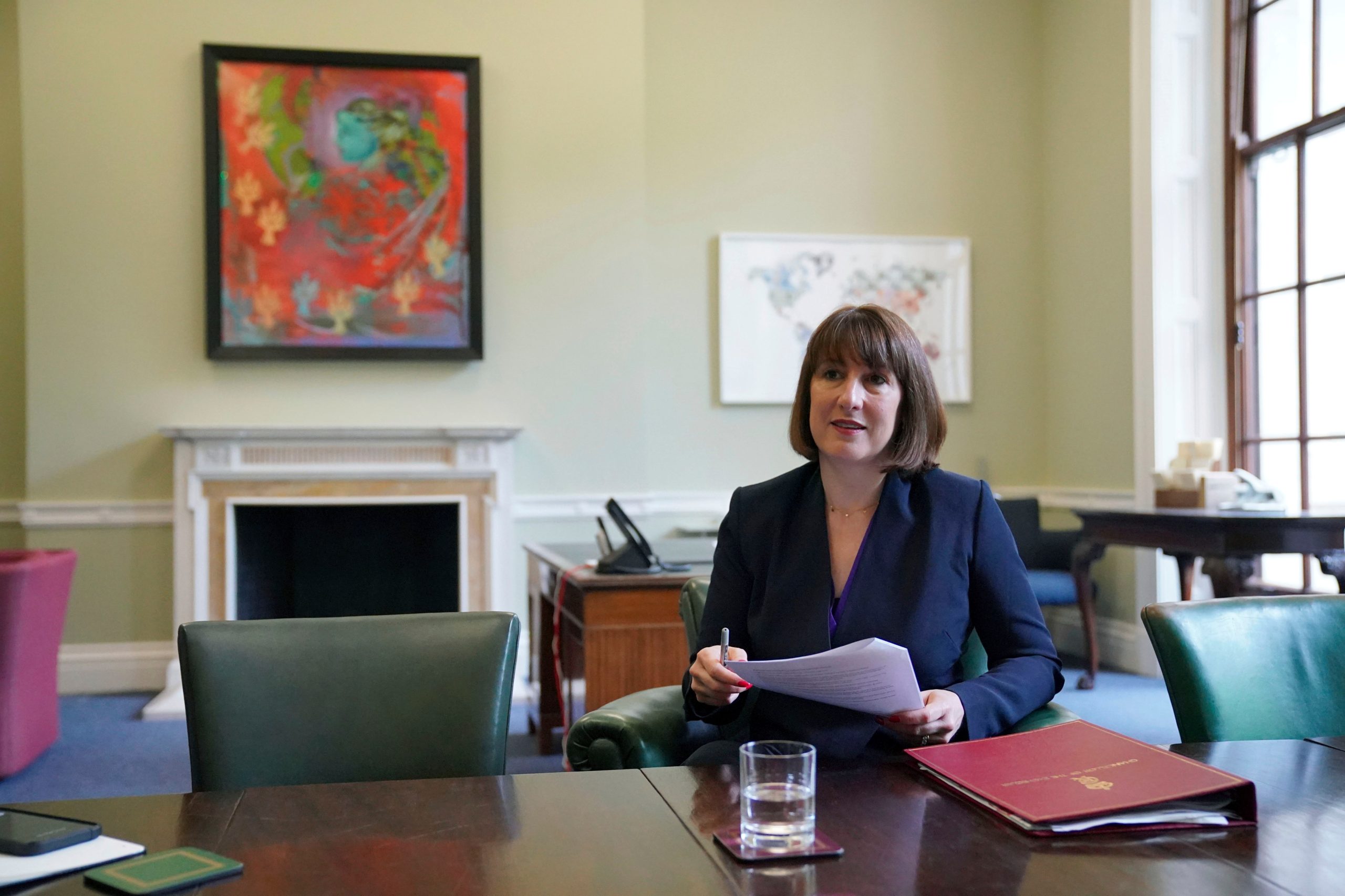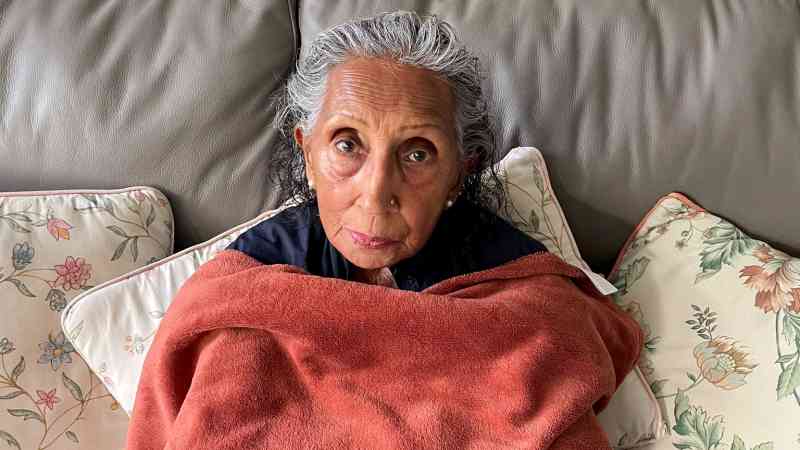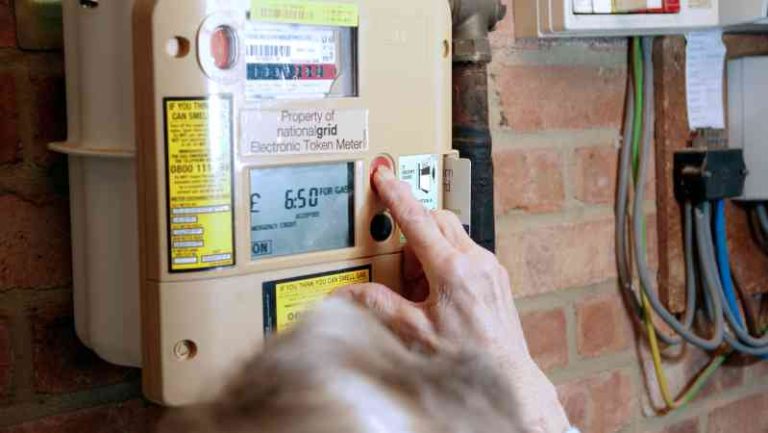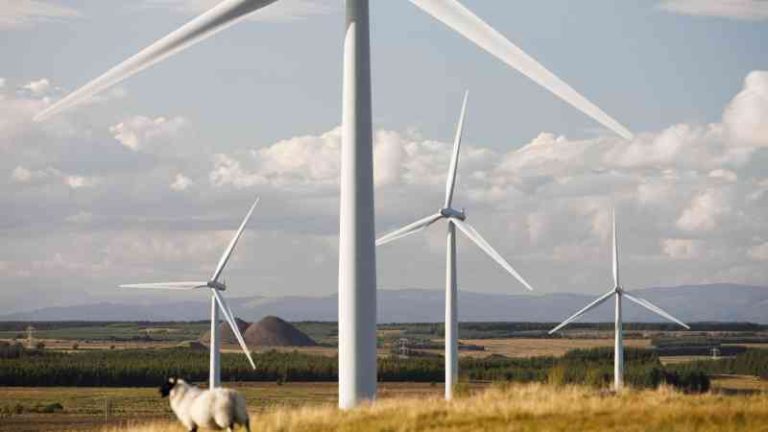Too rich for winter fuel allowance, but too poor to heat our home
More than four million pensioners are at significant risk of fuel poverty after winter fuel payments were scrapped for about ten million people.
The payments, worth up to £300, will only go to those on pension credit or other means-tested benefits this winter.
The End Fuel Poverty Coalition said that pensioners faced falling into fuel poverty, where someone spends at least 10 per cent of their income after housing costs on energy bills, or is forced to cut back on energy usage to “dangerous levels” — such as only heating one room in their home, or eating fewer hot meals.
Simon Francis from the coalition said: “Ministers must reverse their decision to axe winter fuel payments for millions, or pensioners will be condemned to struggle in cold, damp, mouldy homes, which is harmful to health and makes pre-existing medical conditions worse.”

The winter fuel payment is a tax-free sum paid in November or December to anyone over state pension age to help with heating costs over the winter. It is worth between £200 to £300, depending on where you live and who you live with.
The chancellor, Rachel Reeves, said in July that, this winter the payments would only go to those claiming pension credit or other benefits. The number of recipients is estimated to drop from 11.4 million to 1.5 million, saving the Treasury £1.5 billion a year.
• Can you keep your winter fuel payment? Here’s who is eligible• Winter fuel payments for pensioners explained
The changes are part of a package of cuts aimed at dealing with a £22 billion black hole in the public finances.
Campaigners have said that many pensioners will struggle to pay their energy bills, which will go up an average of £149 a year from October 1 after the regulator Ofgem puts up its price cap, which limits what suppliers can charge customers on a standard variable tariff. Another increase is expected in January.
“There’s scarcely any time for a frightened older person to put any money aside,” said Caroline Abrahams from Age UK. “The tight timescale, plus lack of any protective measures for those at greatest risk, means this is a disaster in the making for millions of older people. The government must halt its plans and think again.”

Pritpal Kaur is worried about her energy bill now that she and her husband, Rajinder Singh, no longer qualify for a winter fuel payment.
Kaur, 73, and Singh, 76, who live near Hayes, west London, had a £200 payment last year, which helped to take the sting out of their energy bills that went up to about £350 a month over the winter. But they won’t get one this year because they are not eligible for the benefits needed to qualify.
Kaur is being treated for myeloma, a rare blood cancer. Because of her condition, she needs the heating on, even in the summer months. “I’m dreading getting through the winter, and I’m worried about how we will afford our energy bills,” Kaur said. “We will struggle financially this winter. I think it’s very unfair that we will lose this help.”
Kaur and Singh are already planning cutbacks. “We’ll have to cut back on our food bills. My car was scrapped last year and we were saving for a new one — but there’s no chance of us buying one now.”
James Sanderson from the charity Sue Ryder said: “The government must make people who are living with a terminal illness automatically eligible for winter fuel payments.”
To be eligible for a winter fuel payment this year, you must have been born before September 23, 1958. You must also be receiving a means tested benefit: pension credit, universal credit, income-related employment and support allowance, income-based jobseeker’s allowance, or income support.
Those who are eligible will normally be paid automatically in November or December. That means there is no need to claim for the help, though you may need to if you get universal credit.
Experts have raised concerns that many pensioners will lose out on winter fuel payments because they do not realise they are eligible for pension credit. About 1.37 million people claimed pension credit last year, but some 880,000 that were entitled to it in 2022 did not claim, according to government estimates.
• Rachel Reeves urged to soften winter fuel cut as energy price cap rises
Pension credit is worth about £75 a week on average — £3,900 a year. You can normally claim if you have an income of less than £218.15 a week if you are single, or a joint income of below £332.95 a week for couples. Pension credit will top up your income to this threshold.
“There really is no excuse for the shockingly low levels of pension credit take-up when many older people continue to struggle with the cost of living,” said Deven Ghelani from Policy in Practice, an organisation that aims improve the welfare system using technology. “The secretary of state should prioritise simplicity in the benefit system and promote proactive support.”
A government spokesperson said: “Given the dire state of the public finances we have inherited, it’s right that we target support to those who need it most while we take the difficult decisions needed to fix the foundations of our economy. We are urging pensioners to come forward and check their eligibility for pension credit to ensure as many people in need as possible have access to this support.”
You can claim for pension credit through the gov.uk website or by phoning 0800 99 1234. You can apply up to four months before you reach state pension age.






